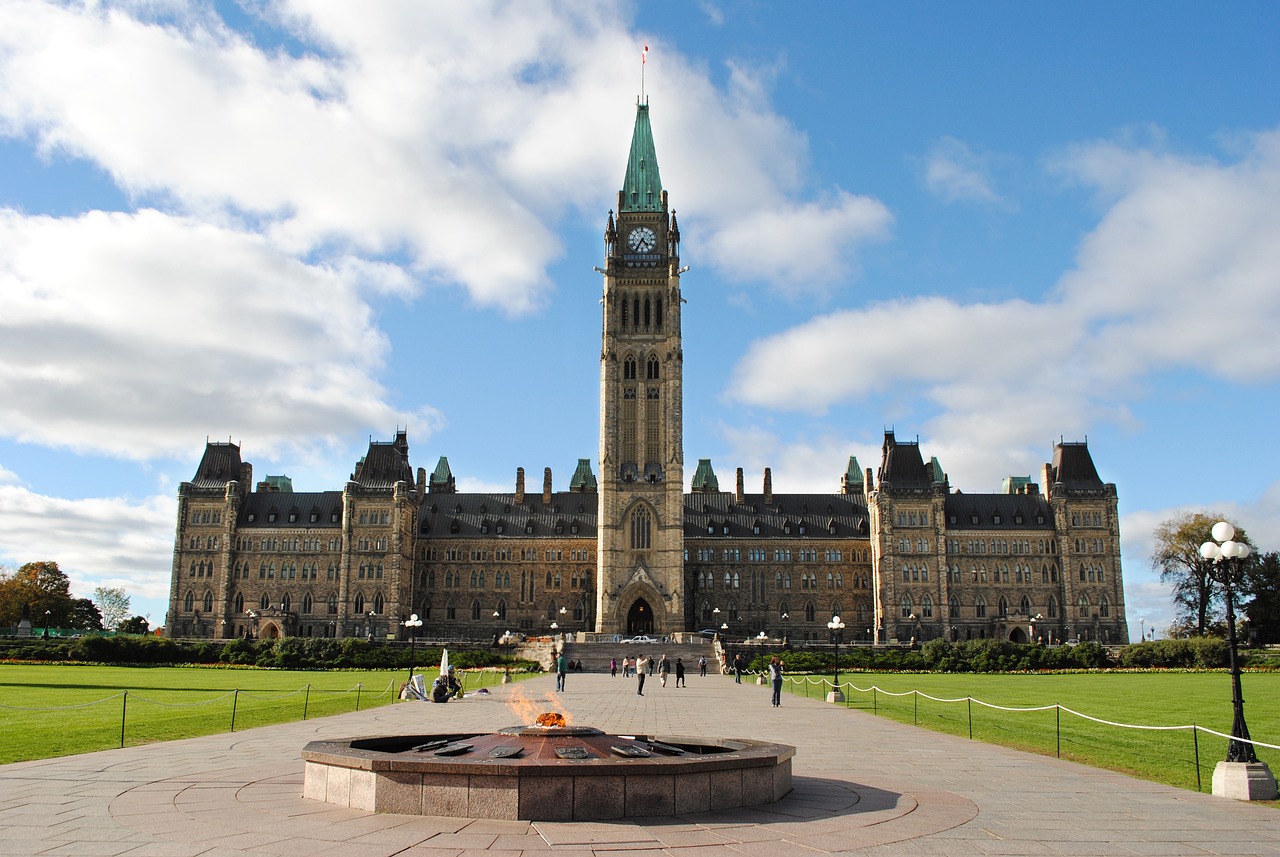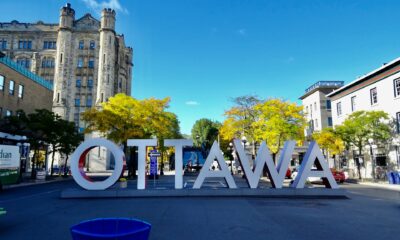Cannabis
The UN Has Never Prevented Canada from Legalizing Cannabis, Despite Treaty Violations
Justin Trudeau dismisses fears of UN sanctions over cannabis legalization, noting no discussions occurred since the reform in 2018. Anti-cannabis U.S. lawmakers worry about UN sanctions, but Canada faced no consequences. Trudeau, a legalization supporter, emphasizes compliance with international treaties. The U.S. DEA’s ongoing cannabis classification review adds significance to these remarks.

Canadian Prime Minister Justin Trudeau emphasized that his government’s fears of potential United Nations (UN) sanctions for the legalization of cannabis, which could violate international treaties, have not been reflected in reality.
If you want to read more about the legalization of cannabis in Canada and be the first to find the most important cannabis news of the day, download for free our companion app Born2Invest.
Since the reform was passed in 2018, no UN official has entered into a discussion with Canada on the issue
The remarks come as some anti-cannabis U.S. lawmakers are pressuring the U.S. Drug Enforcement Administration (DEA) to reject a recommendation to reclassify cannabis. They argue that easing restrictions could expose the country to UN sanctions.
Legalization defenders point out that Canada has not experienced any consequences from the international organization since cannabis was legalized throughout the country. Trudeau confirms these observations, although admitting that initially his government was afraid of the consequences of this move.
” The only problem that particularly concerned us was that we might violate some international drug control treaties ,” Trudeau told France.tv. “We thought they could punish us because we were not compliant with the treaties. But no one talked to us about it. They were interested and watching what we were doing.”
The prime minister was a major supporter of legalization, and the government defended the decision, including during the 2020 meeting of the United Nations Commission on Drugs.
These new remarks by Trudeau are particularly relevant in the U.S. in the context of the DEA’s ongoing review of cannabis classification, initiated by President Joe Biden. The U.S. Department of Health and Human Services (HHS) advised the DEA last year to move cannabis from Schedule I to Schedule III of the Controlled Substances Act (CSA).
The DEA has previously cited the need to comply with international treaty obligations when rejecting reclassification requests, and legalization opponents hope the agency will maintain that position by rejecting a reclassification recommendation.
Lawyers recently published an opinion piece arguing that a move to Schedule III would better meet the country’s broader obligations under international law to regulate cannabis in a way that protects public health and safety.
Meanwhile, HHS has requested a legal opinion on the implications of a possible reclassification of cannabis from the Department of Justice’s Office of Legal Counsel (OLC), and some suspect it involves potential consequences under international treaties.
Recently, the UN International Drug Control Board (INCB) reiterated that it considers the legalization of cannabis for purposes other than medical or scientific purposes to be a violation of international treaties.
__
(Featured image by festivio via Pixabay)
DISCLAIMER: This article was written by a third party contributor and does not reflect the opinion of Born2Invest, its management, staff or its associates. Please review our disclaimer for more information.
This article may include forward-looking statements. These forward-looking statements generally are identified by the words “believe,” “project,” “estimate,” “become,” “plan,” “will,” and similar expressions. These forward-looking statements involve known and unknown risks as well as uncertainties, including those discussed in the following cautionary statements and elsewhere in this article and on this site. Although the Company may believe that its expectations are based on reasonable assumptions, the actual results that the Company may achieve may differ materially from any forward-looking statements, which reflect the opinions of the management of the Company only as of the date hereof. Additionally, please make sure to read these important disclosures.
First published in FaktyKonopne. A third-party contributor translated and adapted the articles from the originals. In case of discrepancy, the originals will prevail.
Although we made reasonable efforts to provide accurate translations, some parts may be incorrect. Born2Invest assumes no responsibility for errors, omissions or ambiguities in the translations provided on this website. Any person or entity relying on translated content does so at their own risk. Born2Invest is not responsible for losses caused by such reliance on the accuracy or reliability of translated information. If you wish to report an error or inaccuracy in the translation, we encourage you to contact us

-

 Cannabis1 week ago
Cannabis1 week agoAI Can Mimic Psychedelic Experiences but Cannot Truly Feel Them, Study Warns
-

 Crowdfunding5 days ago
Crowdfunding5 days agoBSG Stahl Riesa Launches Crowdfunding for New Floodlights
-

 Africa2 weeks ago
Africa2 weeks agoMASI Surge Exposes Market Blind Spot: The SAMIR Freeze and Hidden Risks
-

 Cannabis2 days ago
Cannabis2 days agoSnoop Dogg Searches for the Lost “Orange” Cannabis Strain After Launching Treats to Eat
























